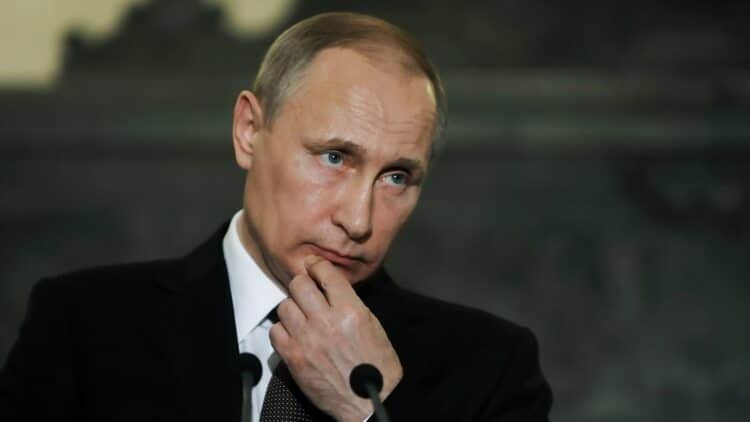Putin’s announcement regarding the planned summit between Russia and Arab countries, scheduled for Moscow on October 15th, underwent an unexpected change and was postponed. The justification for this is the difficulty of participation, as the country is in the midst of the active phase of a peace plan in Gaza. However, some sources point to the lack of engagement from Arab leaders. Among the 22 heads of state invited, few confirmed their attendance. There is concern that this episode represents a decline in Putin’s influence in the Middle East.
Putin’s diplomatic strategy was thwarted
The postponement of this meeting represents more than a diplomatic inconvenience: it ends up raising alarms about the fact that Russia no longer has the same influence in the Arab world. And to understand why this summit failed, it is necessary to understand its behind-the-scenes details and how this impacts a new regional geopolitical map.
Putin and his team had been preparing this summit for months, and the main objective behind the event was to reaffirm Russia’s role as an influential actor in the Arab world, to show that Russia can still act as an interlocutor, capable of bringing Arab leaders together to address the crisis. But as the deadline approached, the worst-case scenario was confirmed: only Syria and the Arab League had confirmed their attendance. It was the lack of confirmations that led to the event’s postponement.
Putin officially argued that his decision to postpone the event was to avoid disrupting the US-promoted Gaza peace plan. But, according to experts, the real reason was that there weren’t enough attendees for the event. In other words, the postponement stemmed from the frustration of planning an event that no one was interested in attending, which could pose a major threat to Russia’s diplomatic reputation.
What are the signs of a decline in Russian influence?
The unexpected cancellation of the event serves as a warning: Arab countries seem less inclined to embrace Russia’s vision. Some analysts even interpret this as a sign that many of these leaders now prefer closer ties with the United States, which has sought a leading role in Middle East negotiations.
The war against Ukraine has consumed significant Russian resources and attention, limiting its ability to maintain a presence on multiple fronts. Furthermore, another factor cited for this crisis is Russia’s absence from international diplomatic events, which has impacted the country, as it is no longer invited to keynote meetings.
Meanwhile, in recent events in the Arab world, countries such as Egypt, Saudi Arabia, and the United Arab Emirates have managed to maintain an active presence at these events. The canceled summit, along with other diplomatic withdrawals, indicates that Russia is losing influence where it was previously seen as indispensable.
What does this mean for Putin?
For Putin, this series of events exposes a weakness in his government. He planned an ambitious diplomatic event but failed to execute, and the retreat of his allies and potential partners shows that his influence is no longer as convincing as it once was, especially in the face of American diplomatic competition.
Implications and future projections
The postponement of the Russia-Arab World summit reveals more than a logistical failure; it sends a direct message about Putin’s weakening influence in the Middle East. Few Arab leaders have confirmed their attendance, despite a formal invitation and efforts on Putin’s part.
The diplomatic justification sounds convenient, but it isn’t convincing enough. This postponement has a political and symbolic context. While Russia is losing ground, the US is trying to strengthen its prominence in Middle Eastern decision-making. This episode marks a regional power struggle in the Middle East, and Russia, for now, has been left out of the game.


